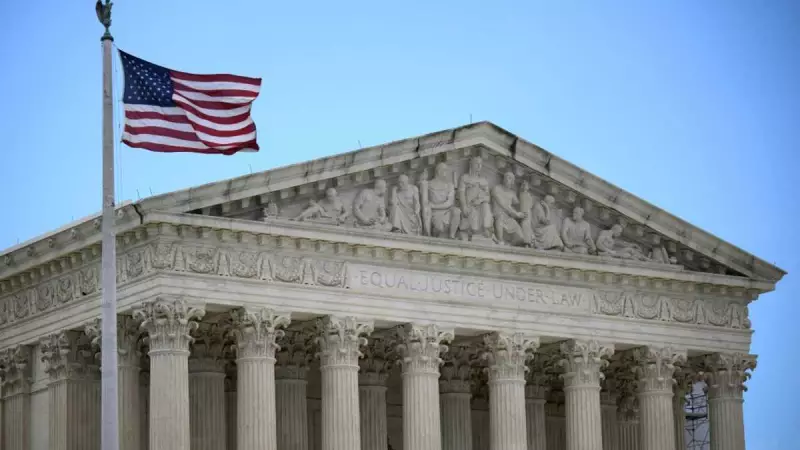
The United States Supreme Court has raised significant questions about the legality of tariffs imposed during Donald Trump's presidency, creating potential ripple effects for global trade partners like Nigeria.
Judicial Skepticism Over Presidential Power
During recent hearings, Supreme Court justices from across the ideological spectrum expressed deep concerns about the broad authority claimed by the Trump administration to impose sweeping tariffs on imported goods. The legal challenge centers on whether former President Trump overstepped his executive powers when implementing these controversial trade measures.
Implications for Nigerian Businesses
This legal battle carries substantial implications for Nigerian importers and exporters who have navigated the turbulent waters of US trade policy in recent years. The outcome could potentially reshape how America approaches international trade agreements and tariff enforcement.
Key concerns for Nigerian stakeholders include:
- Potential changes to import/export costs between Nigeria and the United States
- Uncertainty surrounding future trade negotiations
- Possible precedents that might affect other international trade relationships
- Impact on global supply chains that Nigerian businesses rely upon
Legal Precedent in the Making
The Supreme Court's skepticism suggests that the justices are carefully considering the balance of power between the executive and legislative branches when it comes to international trade. Their questioning indicated concerns about granting presidents unlimited authority to impose tariffs without congressional oversight.
Legal experts note that this case could establish important boundaries for future presidential actions on trade matters, potentially affecting how Nigeria and other nations negotiate with the United States for years to come.
Economic Consequences Beyond Borders
While the case specifically addresses US law, the decision will undoubtedly influence global economic stability. Nigerian economists are watching closely, as any significant shift in US trade policy could affect everything from agricultural exports to manufacturing imports.
The Supreme Court's final ruling, expected later this year, may either reinforce presidential trade powers or impose new limitations that could reshape international commerce in ways that directly impact Nigerian businesses and consumers.





